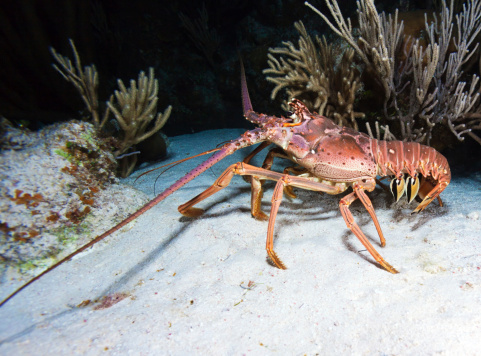What are the driving forces behind their upward trajectories? Climate change, CO2 enrichment, and nitrogen deposition… Read More
Modelling Drought Throughout the World (1 Jul 2014)
The authors of this study conclude “it is probably not possible to determine reliable decadal and longer-term trends in drought due to climate change without first accounting for the effects of ENSO and the Pacific Decadal Oscillation,” the former of which phenomena they describe as “the most common source of episodic droughts around the world.” And, there are still numerous significant problems that need to be resolved before the desired results can be obtained. And until this occurs, drought predictions should be looked at with a very jaundiced eye… Read More
What Is the Greatest Threat to Australia’s Great Barrier Reef? (1 Jul 2014)
The findings of this study suggest local water pollution is the primary instigating force that has led to the destruction of nearly three-quarters of the GBR’s corals over the past century. The historical increase in the atmosphere’s CO2 concentration has had next to nothing to do with it… Read More
Fish Genes and Climate from Medieval to Modern Times (1 Jul 2014)
A huge difference between the Atlantic cod numbers of the Medieval Warm Period (MWP) and those of the Current Warm Period (CWP) indicate the MWP was significantly warmer than the CWP has been to date… Read More
Modeling the Global Water Cycle (2 Jul 2014)
It appears we still have a long, long way to go before we will be capable of producing projections of the global water cycle that have even a modest degree of reliability. So until that time, somewhere in the future, we need to take current model projections of the world’s water cycle with a good bit of scepticism… Read More
Responses of Emergent Intertidal Coral Reefs to a Strong El-Niño (2 Jul 2014)
The authors of this study report the corals and sponges in their study location off the coast of Brazil appeared “relatively un-impacted” by the 1997-98 ENSO event, “and therefore represent future models for understanding the potential resilience of marine organisms to climate change.” But their other findings suggest that although coral reef communities could likely survive predicted changes in climate, those new communities may look somewhat different than they do today in terms of their species composition, which is, nevertheless, a very welcome finding compared to the many “doom and gloom” prognostications of the world’s climate alarmists… Read More
The Upside of a CO2-Induced Decrease in Plant Nutritive Value (2 Jul 2014)
A new study suggests that “lower plant nutritional quality under elevated CO2 could decrease the immune response of herbivorous insects against their parasitoid natural enemies,” which could prove to be a huge boon to agriculture the world over… Read More





